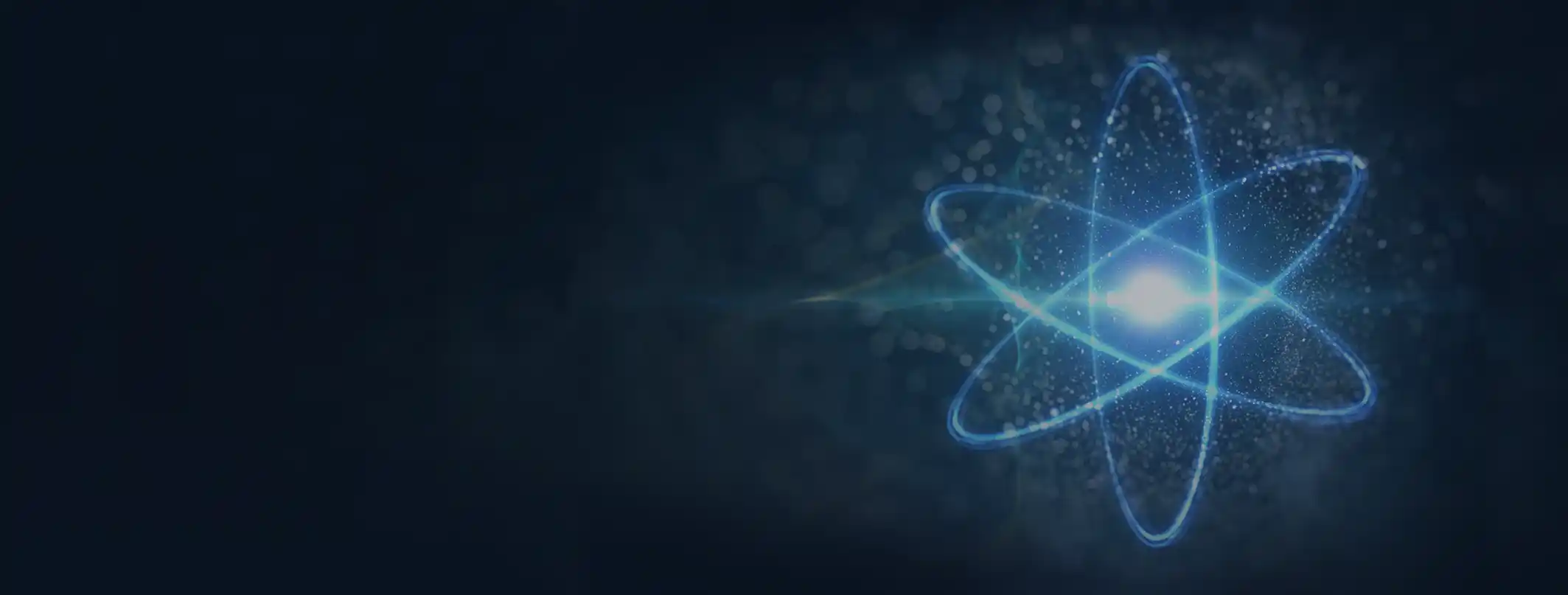The FRIB Decay Station: New Horizons with Rare Isotopes

We depend on rare isotopes often without realizing it—in smoke detectors or PET scans, for example. These exotic nuclei are born in the cosmos and decay into elements found on Earth. Now scientists can create them at the state-of-the-art Facility for Rare Isotope Beams (FRIB), where UT physicists play an important role.
For nearly three years FRIB has produced rare isotopes so researchers can figure out their structure and interactions, learning more about the science behind them and how they can be of benefit to society, all while training a new generation of scientists. A key to FRIB’s success is the innovative and flexible design of a detector system called the FDSi (FRIB Decay Station Initiator).
In an article for Nuclear Physics News, principal FDSi scientists Robert Grzywacz (UT Physics) and his colleague J.M. Allmond (Oak Ridge National Laboratory) review the system’s history, as well as its role in FRIB’s first experiments and potential for new discoveries.
The FDSi is an international collaborative effort stretching back a decade and Grzywacz has been involved from the beginning. This group of researchers designed, built, and put in place a modular combination of beta, neutron, and gamma-ray detectors to measure the decay of the most exotic nuclei produced at FRIB. The FDSi deployment is a three-phase mission, with the first completed in May 2022 and the second in February 2025. The third phase will expand the infrastructure to study FRIB beams with high-precision techniques. Ultimately the initiator system will lead to the FRIB Decay Station (FDS), which will adopt state-of-the-art detector technologies now in development.
Since FRIB began delivering isotopes in May 2022, the FDSi has been part of six experiments in support of the facility’s mission, with 13 approved experiments and 26 proposals submitted last fall. The impact includes four papers published in American Physical Society journals, including a Physical Review Letters outlining the first complete decay pattern of chlorine-45. UT Physics alumnus Ian Cox (’24), a student of Grzywacz, was the first author.
Nuclear Physics News reports on modern research in nuclear physics, including profiles of labs and facilities leading the way in innovation and discovery. Grzywacz and Allmond’s article “The FRIB Decay Station: New Horizons with Rare Isotopes” appeared online March 4.
